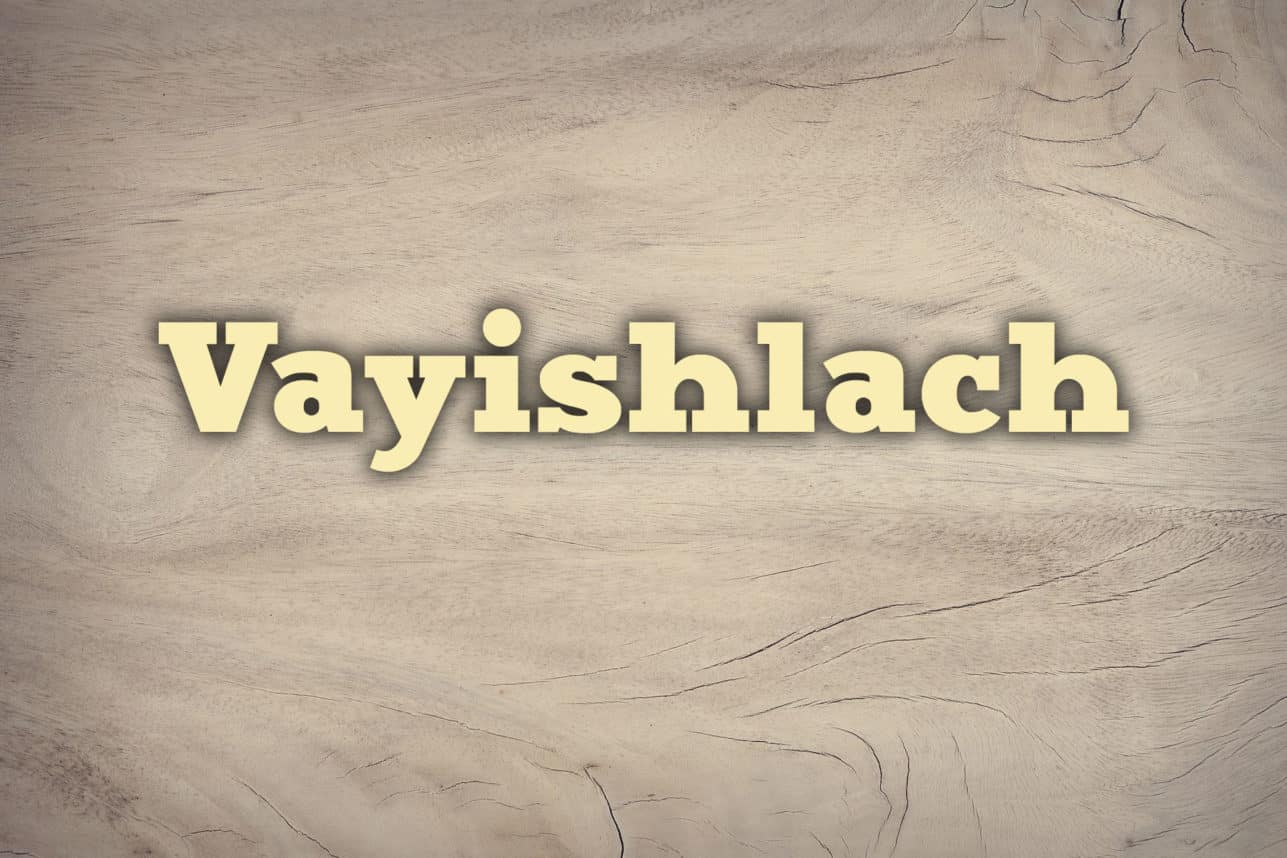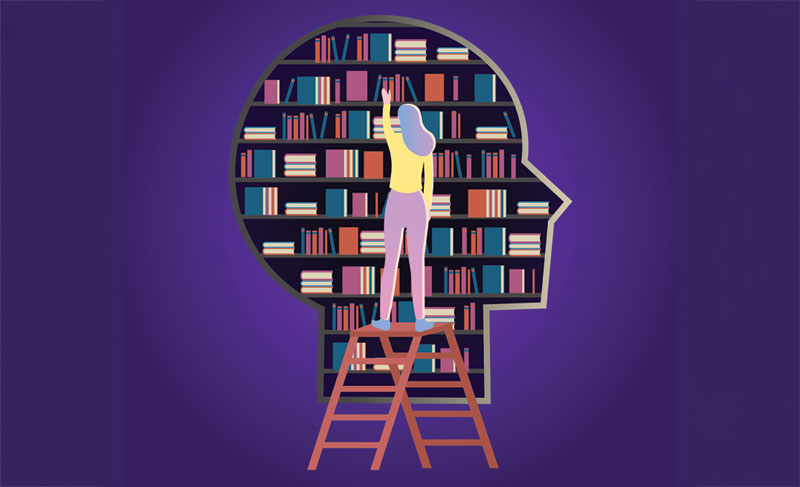I just spent two days listening to some of the most brilliant and famous Jewish scholars, rabbis and thinkers in the world discuss the question “Why Be Jewish?” and they didn’t give me one clear answer.
And that’s funny, because even before I came to the conference, I knew the answer. You know the answer. We all know the answer — I’ll get to that later.
But Jews like to talk. God talked to Moses and told him to talk to the people. The people talked back, and we really haven’t shut up since.
The Bronfman Foundation, which sponsored the conference last week in Deer Valley, Utah, is set to launch something called the Bronfman Vision Forum that will offer new ways to invigorate and revitalize Jewish life, and this conference was designed to help generate new ideas and programs, and, yes, more conferences. What an endearing and Jewish idea — that talking will save the Jewish people.
Among the 40 luminaries at the event were Rabbi David Ellenson, president of Hebrew Union College-Jewish Institute of Religion; New Republic columnist Leon Wieseltier; French philosopher and author Bernard-Henri Levy; kabbalist Arthur Green; Rabbi Avi Weiss; feminist Tova Hartman; author Anita Diamant; historians David Myers and Jonathan Sarna; therapist Esther Perel; psychologist Wendy Mogel; and Rabbi David Wolpe of Sinai Temple in Westwood.
The names begged the question: if you could spend a couple of days at a mountain resort hearing these people teach, discuss and debate, why not be Jewish?
But let me be clear: I wasn’t invited to participate. I got in as a member of the Jewish press.
The conferees sat in a large horseshoe-shaped array of tables at the turbo-Nordic Stein Erikson Lodge (The participants, quipped Wieseltier, “put the Stein back in Stein Erikson.”) We handful of press members were told not to speak up during sessions and relegated to a row along the back wall.
But I’m not complaining. Jewish journalists have long been the Jews of the Jewish world — outsiders looking in on outsiders — and, besides, there are a lot of insights one can have staring at the back of a rabbi’s head for three hours that one might not have, say, looking at his face.
You might wonder why rabbis, scholars and activists who have devoted a large part of their lives to Judaism need to explain the value of being Jewish to one another.
“We are spending millions and millions of dollars in Jewish outreach,” said the Foundation’s Rabbi Eliyahu Stern, speaking of Jewish institutions, “and vast amounts of resources and energies that are going into the project of making people Jewish, and the question is ‘why are we doing that and should we be doing that?'”
But that seemed a dubious rationale: for one, they’ve spent millions and now they’re asking? And in any case, for years Jewish institutions have recognized that, freed from the ghettos and living in an accepting society, Jews can choose whether or not to be Jewish. How to get people to say yes? You’d think we’d know the answer already. The thing is, we do.
The several large sessions and smaller study groups attempted to get at the question through study of talmudic texts, spiritual writings and philosophical debate. But as often happens, the subject under the microscope kept shifting. People spent as much time enumerating why Jews were turned off to Judaism — moribund organizations, overemphasis on the perils of anti-Semitism, lack of apparent spirituality — as why be Jewish. But this group rejected the notion that Judaism based simply on the fear of Jewish extermination could survive. Jews cannot be, as Myers said, “a tribe in search of a rationale.”
In the end there seemed to be an unspoken consensus that the question doesn’t have one answer, and that one person’s reasons might not work for another.
“Being a Jew is simply the finest way I have found to understand life,” Wieseltier said.
“To be a Jew is to give permanence to ethics,” Levy said.
“Judaism is a countercultural force,” Green said. “It’s something that lifts you out of the plastic culture around us.”
“We need to think of Judaism as a potent antidote to the culture,” Mogel said. “It takes a tremendous amount of courage.”
“If there is something that is different and compelling,” Perel said, “it is bringing to a highly individualized society a sense of interdependence.”
But — pardon me — a simple question deserves a simple answer. If these scholars weren’t willing to risk appearing intellectually simple or reductive in offering one, I have no such compunctions. And the answer became apparent during those rare, refreshing moments when these giant minds checked their intellects and, unbidden, like the conference’s convenor Adam Bronfman, shared their personal Jewish stories. A rabbi raised in a devout Jewish home said his turning point came when he felt his community’s rejection after he married a woman who converted to Judaism — thus began his lifelong devotion to pluralistic Judaism.
Levy , the formidable philosophe, paused long enough to consider that there is something intensely personal about choosing to be Jewish: “There were a few times in my life when I felt I would be a little better off by going toward Judaism rather than withdrawing from Judaism.”
At another session Wolpe said that as a pulpit rabbi, it was apparent to his congregants what role his faith played in helping him though a series of severe and very public medical problems — his wife’s cancer, his brain tumor, then his lymphoma.
As he spoke — and as I stared at the back of his head going on hour three — the answer became clear. Why be Jewish? Four words. It’s good for you.
Deep community, spiritual succor, emotional comfort, a challenging intellectual framework for understanding why we’re here, a moral compass to guide you and your children, mental and spiritual discipline, an approach to the Infinite and a shared fate.
It may not always be easy, it may not always feel right, it may not always bring transcendence, it may not be right for everyone at every stage in life, but it’s good for you.
You, of course, may not agree. But we can talk about it.
The Journal’s full report on the conference will appear in next week’s issue.























 More news and opinions than at a Shabbat dinner, right in your inbox.
More news and opinions than at a Shabbat dinner, right in your inbox.